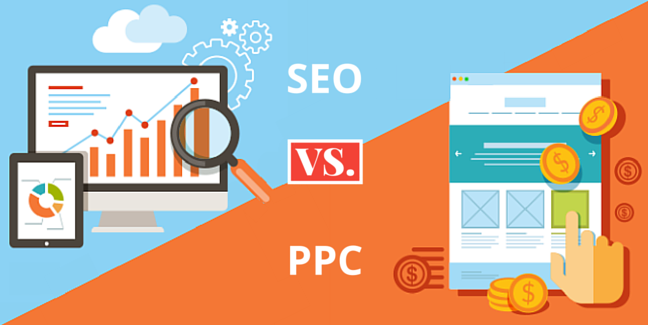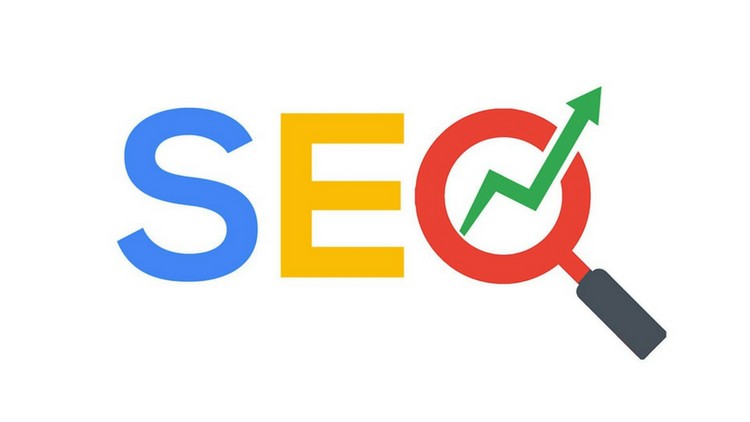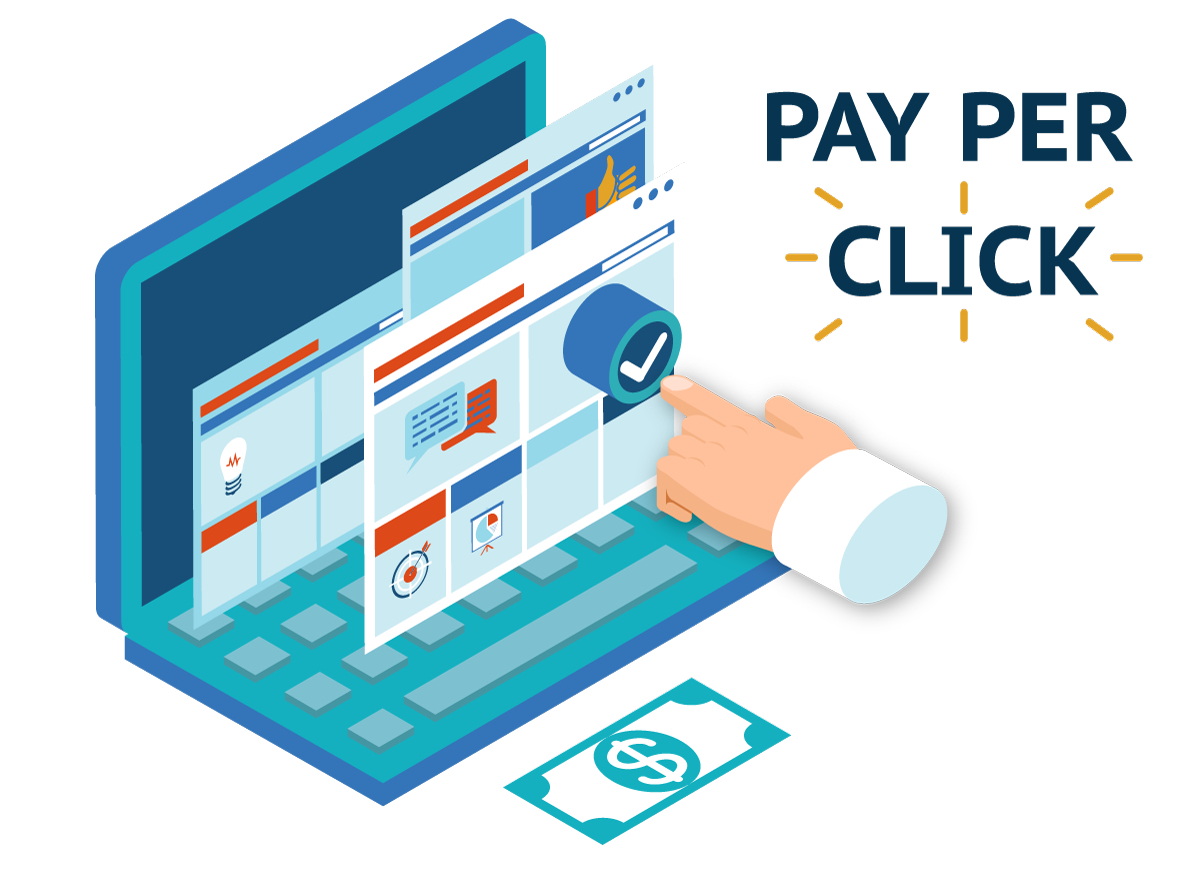In today’s vast digital marketplace, you can’t just expect prospective customers to find your business’ website without a bit of extra help. Though there are a variety of methods for accomplishing this goal, PPC and SEO methods remain two of the most popular techniques for driving users to your website. But which one – SEO or PPC – is better for the majority of businesses?

That question is not easily answered without first considering several key factors. As with any advertising or marketing effort, both SEO and PPC require interested companies to evaluate their budget before stepping into the arena. By the same virtue, companies pitting SEO vs. PPC should determine how quickly and sustainably they would like to grow their new website traffic before opting for one marketing method or the other.
To determine which is better for your company, you’ll need to devote some time to researching whether SEO or PPC methods match your company’s goals and budget. To take some stress out of that research process, we’ve gathered together key industry information on both SEO and PPC. With this information in hand, you’ll be able to knowledgeably choose the best option for your business:
SEO – Search Engine Optimization
SEO or search engine optimization has become part of the common business parlance, likely because it has been implemented by businesses large and small over the past decade. In brief, this method of driving website traffic involves shaping a websites format and content so that it meets the requirements of search engine “crawlers,” resulting in higher placement in search engine results.
 Besides the use of commonly used keywords, SEO “crawlers” also value clean website code and interconnectivity as measured by the number of inbound links connected to a particular website. Though specific algorithms change from time to time, SEO remains a popular method for organically marketing a company’s website online.
Besides the use of commonly used keywords, SEO “crawlers” also value clean website code and interconnectivity as measured by the number of inbound links connected to a particular website. Though specific algorithms change from time to time, SEO remains a popular method for organically marketing a company’s website online.SEO Advantages
On the beneficial side, SEO techniques are certainly among the most cost-effective when it comes to driving new users to a business’ digital domain. Though an SEO scheme usually costs the same as a PPC when it comes to set up, SEOs cost substantially less in the long run given that they lack a scaling cost connect to how effective it is.
Also, out of these two options, SEO methods tend to be the most organic, stable, and long-lasting. SEO methods “play the game” so to speak, allowing certain websites to move up the search result rankings if they follow the criteria set out by search engines. This can result in a more stable ranking that can remain in place even after SEO budgets are scaled back down.
SEO Drawbacks
On the downside, SEO methods tend to take a lot of time to scale up due to their organic nature. Depending on the size and popularity of a business’ industry, it may even take years to rise to the top of key search results. By the same virtue, a business’ website is never 100% optimized, making an SEO scheme ongoing to infinity (if a business continues to invest in it, that is).
Also, implementing an SEO system can be time-consuming if it is done without the proper tools. Often, a quality SEO system requires reliable hosting for your site, which in many cases provide integrated SEO tools that leverage a website without as much heavy lifting. While many auxiliary SEO tools are free, they require time and effort to master.
PPC – Pay-Per-Click
While SEO methods are thought of as organic, one might say that PPC methods are “synthetic” to a certain degree. That is to say, PPC or pay-per-click methods forgo the progressive, stable model of working within the system in order to place certain websites in a prime spot at the top of search results. For this privileged position, businesses pay for each click made that directs users towards their website.
 While this method is considered fair play within the broader search engine marketing environment, it tends to see the most use among large companies or smaller companies looking to hyper-target a specific industry from the grassroots up. However, the scaling cost of PPC methods tends to keep the majority of small businesses at bay.
While this method is considered fair play within the broader search engine marketing environment, it tends to see the most use among large companies or smaller companies looking to hyper-target a specific industry from the grassroots up. However, the scaling cost of PPC methods tends to keep the majority of small businesses at bay.
PPC Advantages
It cannot be denied that PPC methods get results. While it may take months to build up an SEO scheme, PPC methods are able to attain comparable results in mere days. As a result, it is much easier to scale up a PPC system to meet the growth objectives of a devoted business.
PPC Drawbacks
Prime positioning comes at a cost, making PPC the more expensive option in the long run. PPC can also be viewed as a “pay to play” scheme, given that you often need to pay more over time in order to maintain a worthwhile position in the most important search results. On the extreme end of that spectrum, worthwhile positioning will immediately disappear if your company decides to pull money from your PPC budget.“Click fraud” is another reason some businesses steer clear of PPC techniques. Some unscrupulous businesses will use bots in order to simulate clicks on their websites, causing them to maintain their position far beyond the means of regular user traffic. This can put a business in a challenging marketing position without a means of redress.
SEO vs PPC: The Final Evaluation
At the end of the day, the question still remains, “SEO vs. PPC – which is better for your business?” The truth of the matter is that neither option is the best based upon their core factors alone. In fact, each method of driving website traffic can be beneficial to businesses large and small, based on the individual goals and budgets of those companies.
In many cases, both SEO and PPC can be used in tandem in order to cover both broad and pinpoint audiences. For better or for worse, both methods can work together in order to provide your business with the best opportunity to grow its website traffic by leveraging modern search engine structures. Members Area
Members Area




